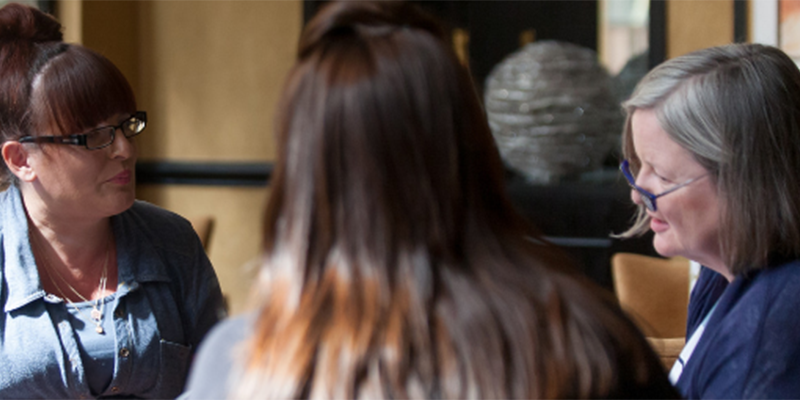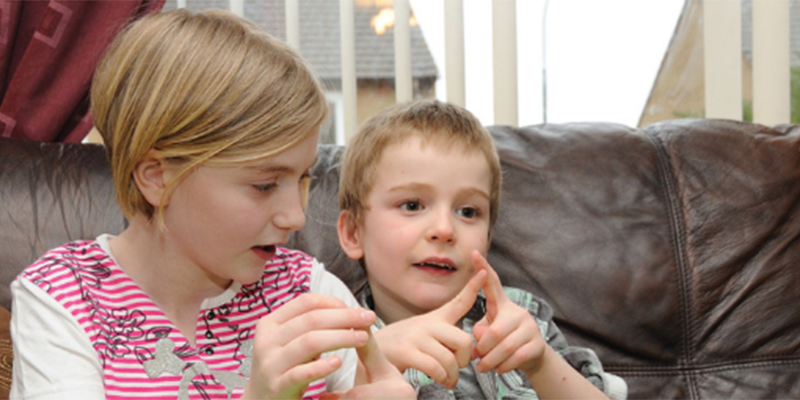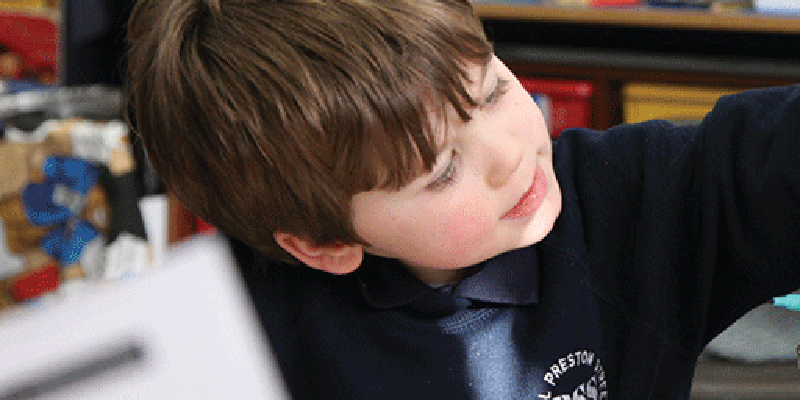
Living in the room for improvement
Claire Burns introduces the evidence into practice theme of the new issue of our REACH publication.

It’s a family affair
How a Maori model of improving care has been transformative for a family in Glasgow.

Joining up the dots – why data analysis is vital in understanding and supporting care experienced young people
Dr Neil Harrison argues that we need to use better data to better understand care experienced young people entering higher education.

A care leaver's path to university
Many paths to higher education are not straightforward. A care experienced student talks about overcoming such challenges.

Team work works and all relationships matter
Dr Christine Puckering from Mellow Parenting tells the story of a family and how trauma informed care can foster better relationships.

A decade of data
How an analysis of data has enabled Stirling’s services for children develop to better fit their needs.

We are open, responsive and actively listen
Michael Stewart, from Fosterplus, gives an insight into a model used to improve foster care practice.

Reflecting on practice through PRISM
Jillian Ingram from CELCIS, explains how a new model for shared learning has helped child protection in North Ayrshire.

Agents of change
Jo Derrick at Foster Care Associates explans how additional support for foster carers at the early stages of placement helps to improve outcomes.

An air of calm
Mark Brotherton, Educational Psychologist, explains how strong relationships between carers and psychologists have been nurtured.

The mistrusting brain and blocked care
Evidence suggests that DDP (attachment-focused family therapy) is effective in helping recovery from developmental trauma. Here's how.

Information is power
Laura Conachan explains how the Children's Hearing System can be improved by seeing the bigger picture.


